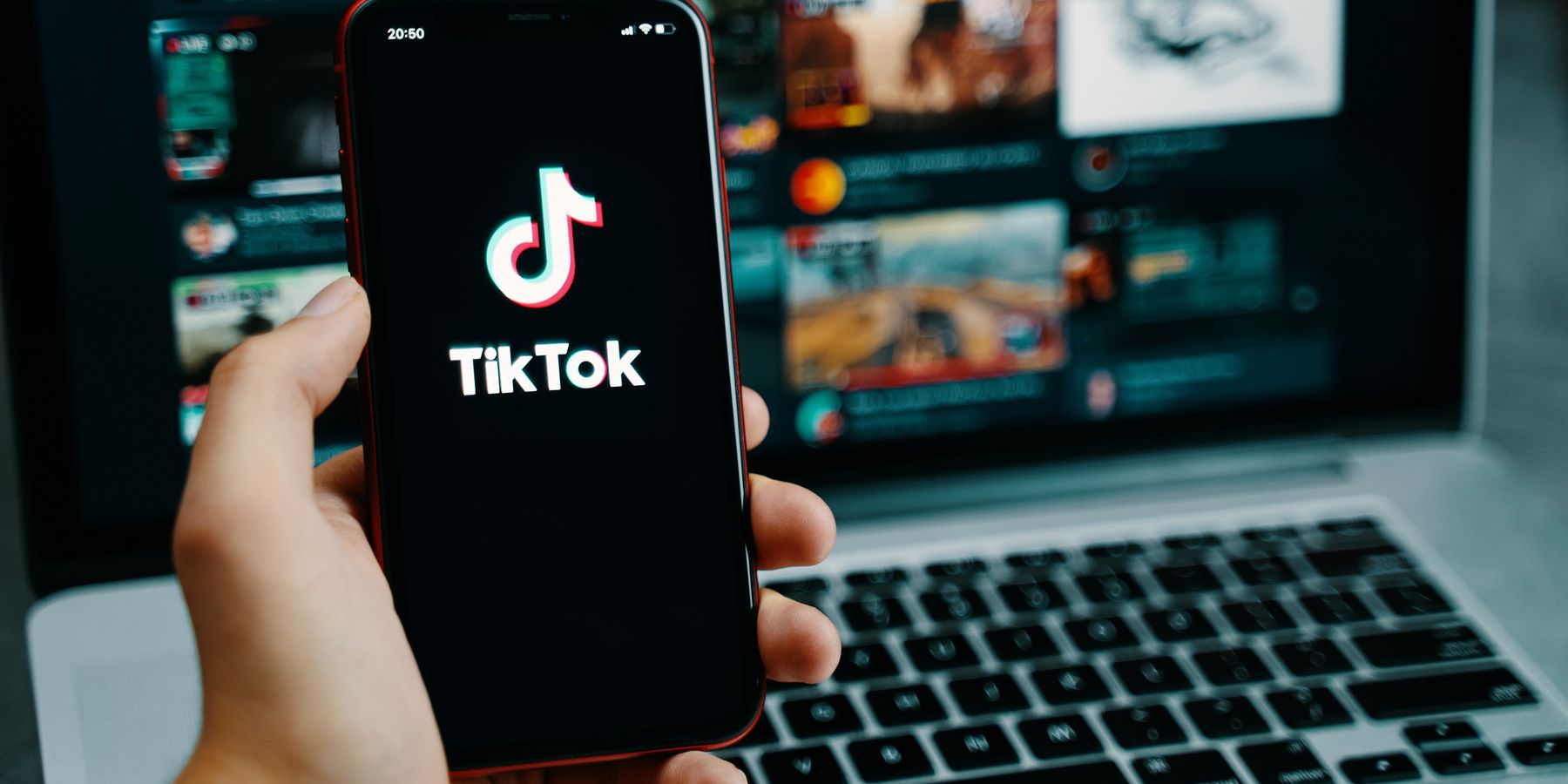Washington’s latest efforts to ban TikTok are symptomatic of a deep dysfunction in thinking about China.
The Protecting Americans from Foreign Adversary Controlled Applications Act, the bill now rapidly moving through Congress that would expropriate TikTok, does not address the core concerns that many Americans share about social media apps like TikTok, such as the loss of privacy and lack of protections for personal data, the targeting of children, or the addictive nature of social media.
Any effort to address these real challenges — which exist on all networks, not just those with foreign ownership — would require comprehensive internet privacy legislation applying to all social media companies. Such an approach would not only confront the real problems, it would also address the security concerns around TikTok without singling out China in a way that exacerbates already alarming levels of hostility and xenophobia in the relationship between the world’s two most powerful countries.
Instead, this effort gives the executive branch broad authority to restrict companies across the entire information technology sector if a minority owner or combination of owners holding as little as one-fifth of shares hail from an “adversary nation.” Rather than providing evidence to the public of the harm that TikTok and other targets are doing to American security, backers of the bill point only to the formal legal possibility that the Chinese government could pressure the company to act in such a way.
And rather than demonstrating Chinese government control over TikTok, the bill simply waves away its burden of proof. The legislation defines “controlled by a foreign adversary” as nothing more than a company domiciled in one of the four countries that Donald Trump designated enemies of the United States two days before he left office. This advances the alarming contention — increasingly being institutionalized through legislation and policy — that all Chinese people are agents of the Chinese government.
While the legislation does require the executive branch to provide a national security determination for any targets other than TikTok (which is automatically designated), it opens wide latitude for abuse in moments of national panic over foreign influence.
It also marks yet another example of U.S. leaders refusing to distinguish Chinese actions that are detrimental to American interests from those that are innocuous or even beneficial. If everyone and everything within China’s borders is by definition under the control of a “foreign adversary,” everything that Chinese people, firms, and agencies do is necessarily a national security risk.
The question of how the United States and China could coexist or work together on behalf of shared interests is ruled out of order and a simple conclusion follows: the only way to make America safe is to exclude China from U.S. activities. The campaign to expropriate TikTok will not be the reason that the two countries end up in potentially catastrophic conflict, but it exposes the insecurities, flawed assumptions, and inflated perceptions of threat that are currently moving us in that direction.
The potential damage goes beyond U.S.–China relations. To the limited extent the bill has been vetted — it passed a House Committee on Energy and Commerce markup on a 50–0 vote — no consideration has been given to how such measures could accelerate the fragmentation of the global information and communication technology market or what that would mean for U.S. businesses, allied relationships, American consumers, and other important interests.
Pushing the disintegration of global markets further could have detrimental effects internationally and domestically, including retaliatory bans on the use of U.S. software and communications technologies in foreign countries, which could accelerate the division of the world into rival information technology spheres protected by “great firewalls.” The common rejoinder that “China started it” is certainly true, but it evades the question of how to solve the problem rather than make it worse. It also offers another instance of how the United States is remaking itself in the image of an authoritarian government it continues to denounce.
At a deeper level, as measures like this accumulate, bit by bit they repudiate the aspiration of a universally inclusive global system. Those seeking to transform an open global economy into an exclusionary and increasingly militarized battlefield between the great powers should make the case in public rather than taking us quietly in this ominous direction.
Given the massive risks posed by U.S.–China confrontation — whether an intensified trade war or a conflict over Taiwan — policymakers should be making every effort to build on the Biden administration’s efforts to stabilize the relationship through constructive engagement while managing our real differences through dialogue and negotiation.
China plays a complex role in the serious social problems facing the United States. Seeking a false unity behind the exclusion of a foreign power does not confront those problems but papers them over while pushing us toward geopolitical conflict that would make our problems far worse.
- We need a better China policy. Banning TikTok isn't it. ›
- TikTok bills could dangerously expand national security state ›
- House passes bill that could ban TikTok | Responsible Statecraft ›
- The trilateral summit is all about China | Responsible Statecraft ›
















